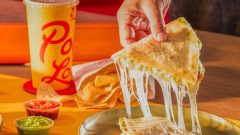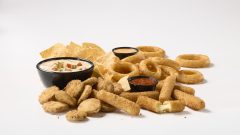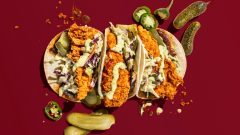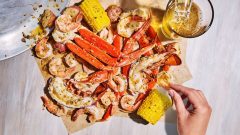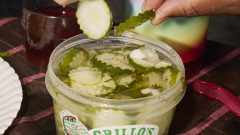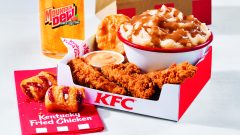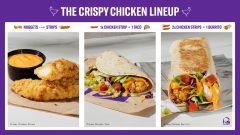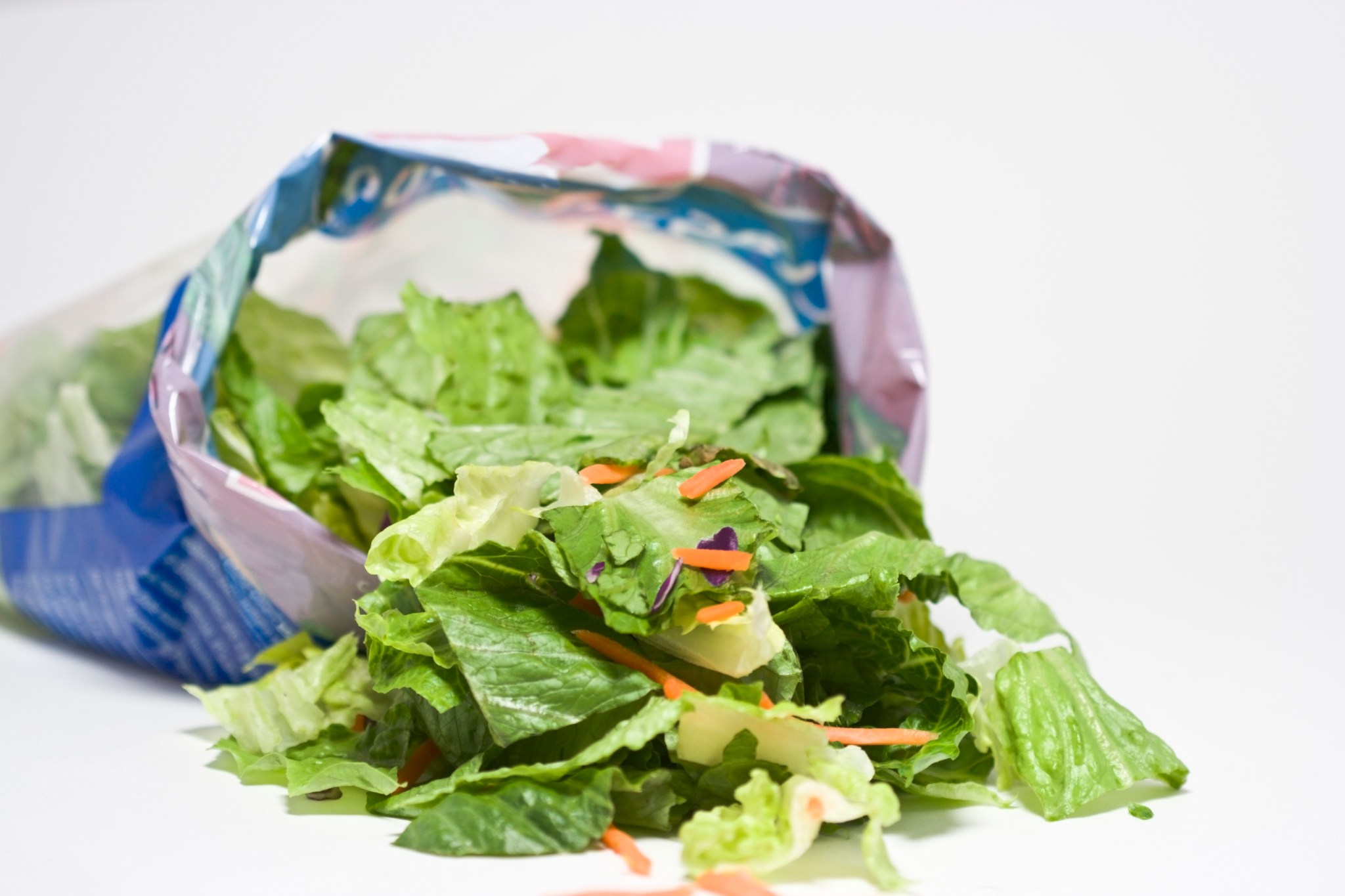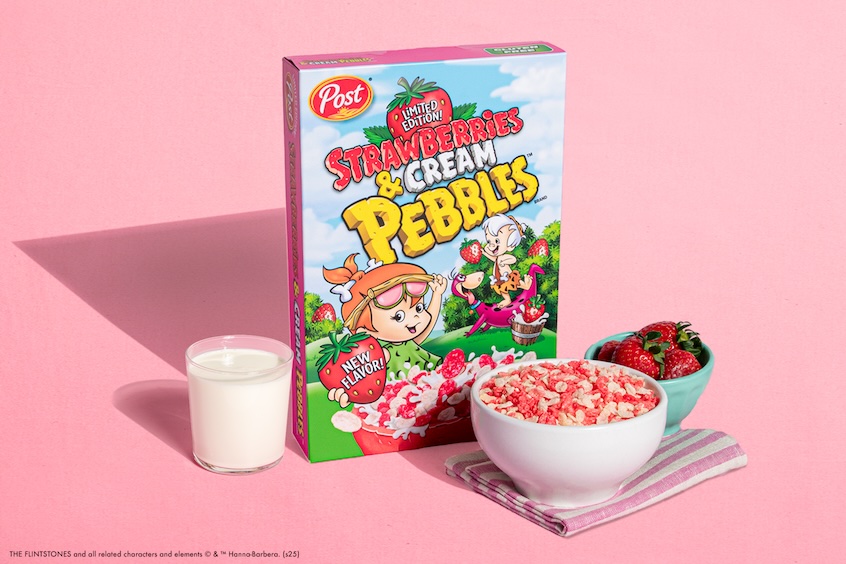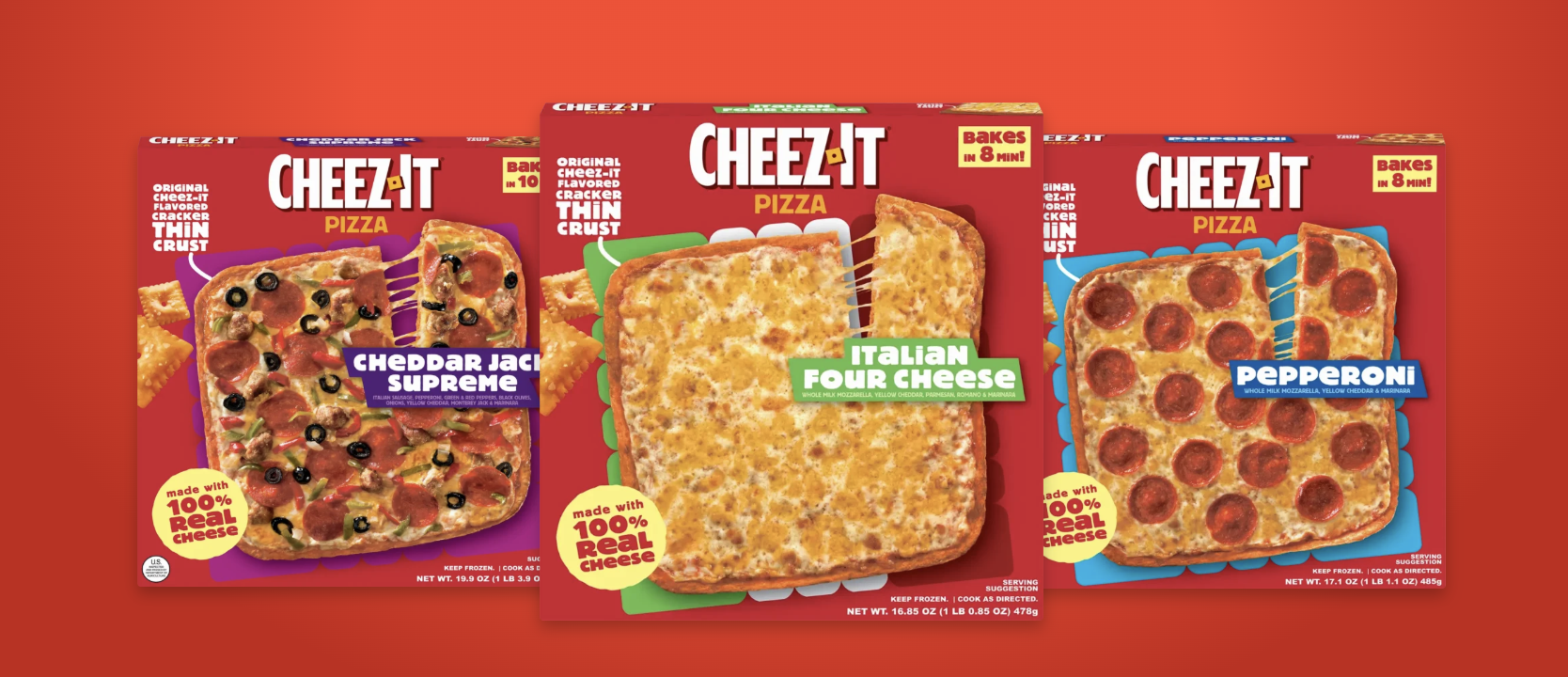Hampton Creek Attempts Comeback With New ‘Just Scramble’ Vegan Eggs
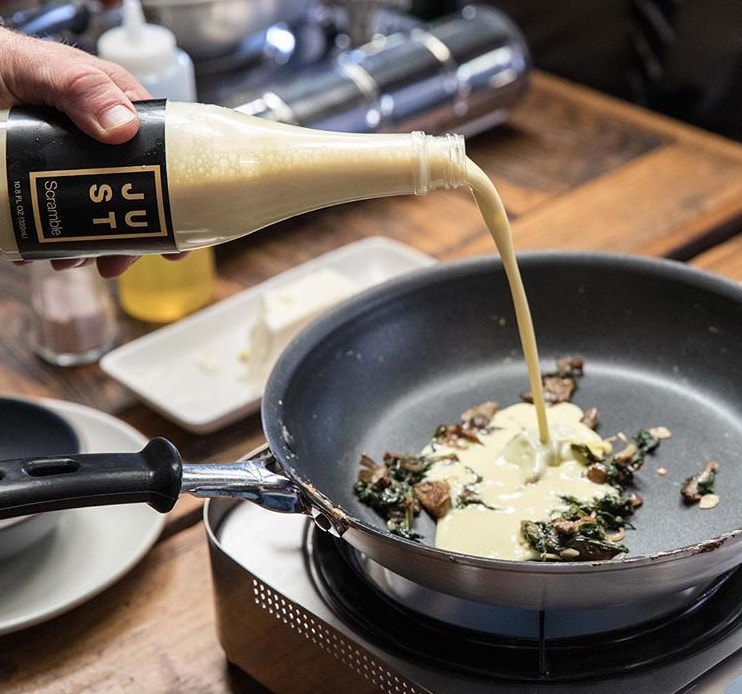
2017 has been a pretty rough year for plant-based giant Hampton Creek. They lost one of their big-name clients, Target, when alleged food safety and mislabeling concerns took most of their products off the shelves. Furthermore, nearly every member of their board, save for CEO and co-founder Joshua Tetrick, eventually resigned from or left the “struggling startup,” as Bloomberg described them at the time. Now, Hampton Creek is looking to turn things around with a new product, called “Just Scramble.”
The “Just Scramble” product is a liquid predominantly made from mung bean protein that slowly congeals into vegan scrambled eggs upon heating. Bruce Freidrich, executive director at The Good Food Institute (a plant-based advocacy group), claims to the SF Chronicle that this is the first-ever plant-based scrambled egg. However, Follow Your Heart already has a powder-based vegan scrambled egg mix in stores, but Friedrich compared the product to a “black bean burger” and that it doesn’t “cook like eggs.” (Writer’s note: As someone who’s used Follow Your Heart’s eggs, I strongly disagree with how Friedrich characterized a plant-based product like those his company promotes, but am curious to try Hampton Creek’s product as well.)
CEO Josh Tetrick estimates the cost of a 322 gram bottle, the equivalent of seven eggs, to be about $4-$6. A serving of Just Scramble has the consistency of scrambled eggs within a minute, and already contains seasonings like salt, pepper, and oil.
To promote the new egg substitute, Hampton Creek is taking a page out of the Impossible Foods playbook. They’re starting out by serving the fake eggs out of a single restaurant, Flore, in San Francisco. A serving there, which comes with spinach, mushrooms, and goat cheese, costs $14. Hampton Creek does plan to have the product in more restaurants by the end of the year, and in stores sometime in 2018, according to CNNMoney.




